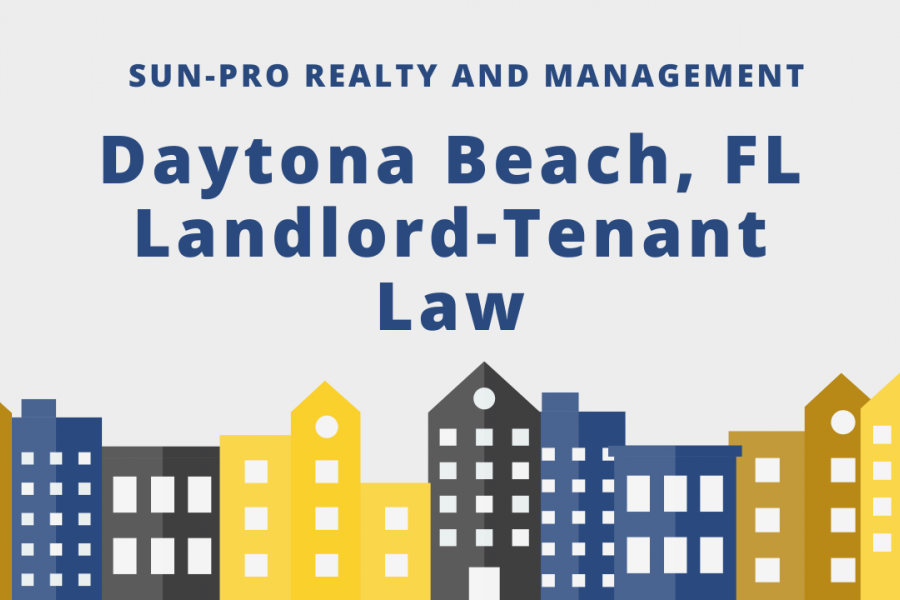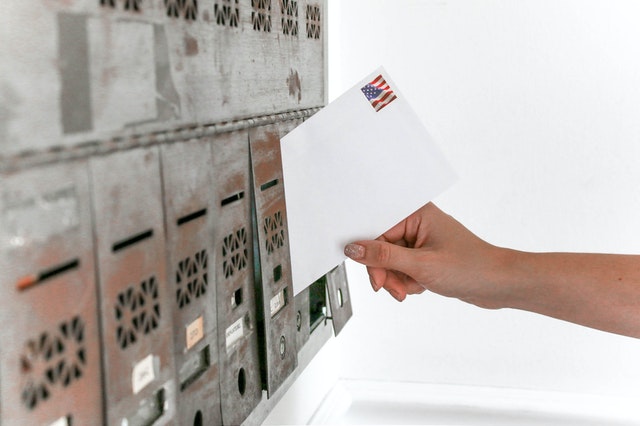
Both landlord and tenant in Florida have certain legal obligations they must adhere to under federal laws. Whether you’re just getting started or are looking to learn more, here’s an overview of the Florida Landlord and Tenant laws.
Required Landlord Disclosures Under Florida Law
When renting out a property in Florida, there are certain disclosures that you must make to your renter before they can sign the lease or rental agreement. The disclosures are as follows:
Landlord’s Identity
Florida landlords must advise their renter of their identity or the identity of the person authorized to act on their behalf.
Presence of Radon Gas
Dangerous levels of radon gas have been found in some buildings in Florida. When inhaled, radon gas can cause cellular changes in lung tissue that can eventually lead to lung cancer. So, before a renter can lease then dwelling unit, the landlord must provide them with a notice about the potential presence of radon gas under Florida landlord-tenant law.
Fire Protection Availability
If you are renting a building that has at least 3 stories, you must make this disclosure.
Security Deposit Storage
As a property owners in Florida, you have three options when it comes to storing your tenant’s security deposit. You can store the money in a normal account at a Florida banking institution, a separate interest-bearing account, or post it as a surety bond. But, whichever route you choose you must let your renter know how you’re storing their deposit.
Rent Details
Under Florida law, you must also let your tenant know important details concerning their periodic rental payments. For example, the dollar amount, when the tenant should pay the rent, where to pay rent (landlord's address), and what forms of payment they can use. Transparency and communication are key to a successful tenancy and a positive landlords-tenants relationship.

Tenants’ Rights & Responsibilities Under Florida Laws
A tenant in Florida has a right to:
- Live in peace and quiet in accordance with the Covenant of Quiet Enjoyment.
- Live in a dwelling unit that abides by the basic health and safety standards stipulated under the state’s habitability and health codes.
- Be notified when the landlord is looking to enter their rental. Specifically, a tenant must be served written notice at least 12 hours before landlord entry.
- Have property repairs made within a reasonable period of time.
- Remain in their rented until the Florida residential landlord has followed due process in terminating their lease or rental agreement.
- Exercise their rights when the landlord has failed in their responsibilities. For example, a tenant can withhold rent if the landlord fails to keep their rental properties in livable conditions.
- Be treated respectfully and fairly in accordance with Florida Fair Housing Laws.
When it comes to tenant's duties, they are as follows:
- Comply with all terms of the rental agreement. For example, a tenant must pay rent on time for the entire duration of the rental period.
- Comply with housing, building, and health codes.
- Keep the rental unit clean and sanitary at all times.
- Notify the landlord when if they intend to leave the dwelling unit vacant for an extended period of time.
- Notify the landlord when looking to vacate their rental premises.

Landlords’ & Responsibilities in Florida
Landlords in Florida also have rights which include a right to:
- Receive proper written notice from a tenant looking to vacate their rented premises or end their tenancy.
- Be notified when maintenance issues arise.
- Enforce all terms of the written lease or rental agreement.
- Evict a tenant for gross violation of the written lease. For instance, if a tenant fails to make a rent payment, return possession of the premises or causes serious property damage.
When it comes to landlord responsibilities, they are as follows:
- Maintain premises to habitable standards in accordance with the Florida Warranty of Habitability.
- Provide the tenant with reasonable notice prior to entry. Also, the reason and time of entry must be within reason.
- Adhere to security deposit rules when it comes to storing and returning their tenant’s deposit.
- Adhere to all terms of the written agreement.
- Provide tenant with an eviction notice in accordance with state law.
Overview of Florida Landlord-Tenant Laws
Fair Housing Act
The Office of Fair Housing and Equal Opportunity (FHEO) enforces fair housing laws in Florida. This act protects a renter from discrimination on housing-related matters based on some protected characteristics. Protected characteristics include race, color, religion, sex, national origin, disability, and familial status.
Lease Termination
If a renter wants to terminate the rental agreement, they must provide their landlord with proper notice. The definition of proper notice depends on the type of lease agreement in place.

For example, a renter trying to get out of a month-to-month agreement must provide their landlord with at least 15 days' notice. However, if the renter has signed a lease agreement, then they must provide their landlord with a minimum of 30 days' notice.
Small Claims Court
Disputes between a tenant and their landlord aren’t uncommon, for examples issues relating to rent payment. When all attempts at conflict resolution have failed, an aggrieved party in a lease agreement can seek help from a small claims court.
In Florida, lawsuits filed in a small claims court shouldn’t exceed the dollar amount of $5,000 to cover county court costs and other filing fees. The losing party should bear all the costs.
Withholding Rent
As previously mentioned, landlords have many responsibilities under lease agreements. One such responsibility is ensuring the property they have rented out meets all the basic health and safety codes Florida requires.
For example, if landlords fail to repair a broken heater, the Florida Landlord-Tenant law gives the tenant several legal options to pursue. The tenant may decide to break the lease agreement citing the landlord’s failure to maintain habitable premises, or the tenant can decide to withhold rent until the landlord makes all required repairs.
Security Deposit Laws
Landlords must abide by certain rules when it comes to the tenants security deposit or advance rent deposit. After a tenancy ends and a tenant moves out of the property, landlords in Florida have 15 days to return all or part of the tenant’s security deposit.
Tenants in Florida have the right to be notified once the landlord receives their deposit money.
Florida Landlord-Tenant law doesn’t place a limit on how much a landlord can charge for a security deposit.

Landlords in Florida have several options for storing a tenant’s security deposit during the lease term. The options are: placing it in a normal account, an interest-bearing account, or posting the deposit as a surety bond.
Bottom Line
It’s important to be familiar with Landlord-Tenant Laws and its specific Florida statutes. Knowing your rights and the rights of your tenants is critical to the success of your investment. However, handling legal matters and staying up-to-date on legal amendments can be tricky!
We can help! Our team at Sun-Pro Realty and Management is comprised of industry experts who are well versed in all aspects of Florida’s Landlord-Tenant laws. Contact us today for more information.
Disclaimer: This information is not a substitute for expert legal advice. If you have a specific question or need any other type of assistance, please get in touch with a qualified attorney or an experienced property management company.
